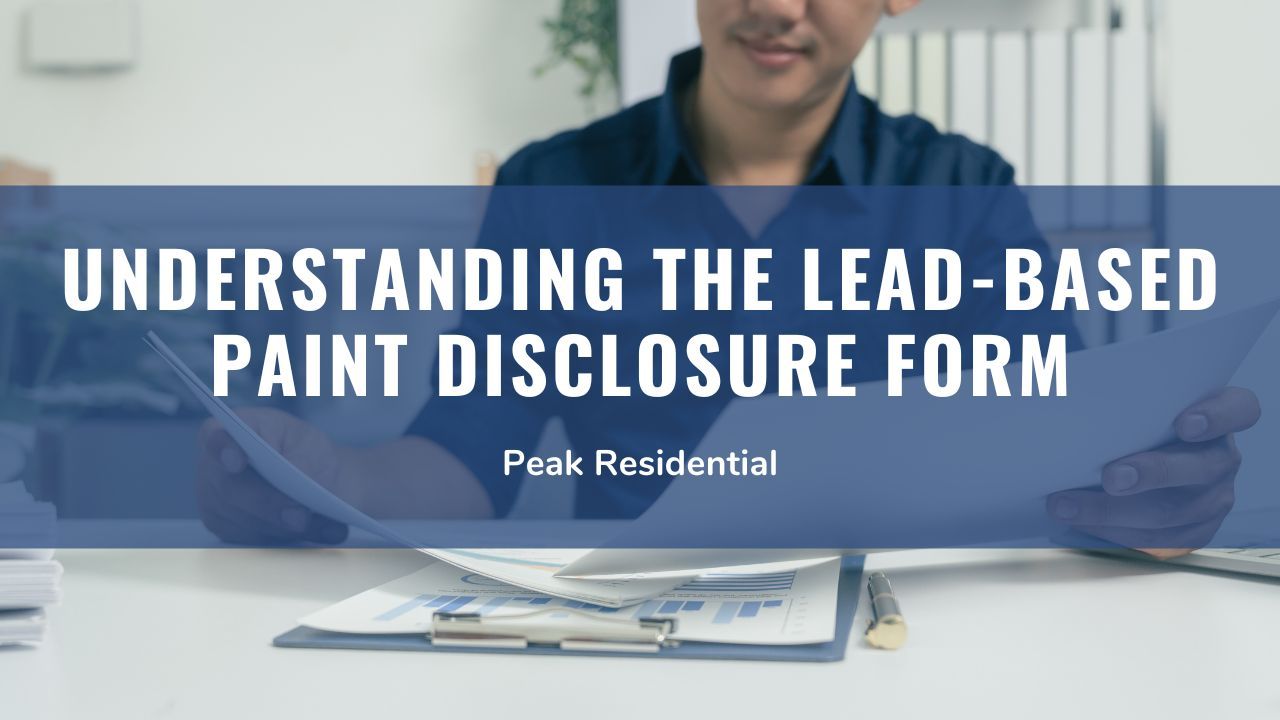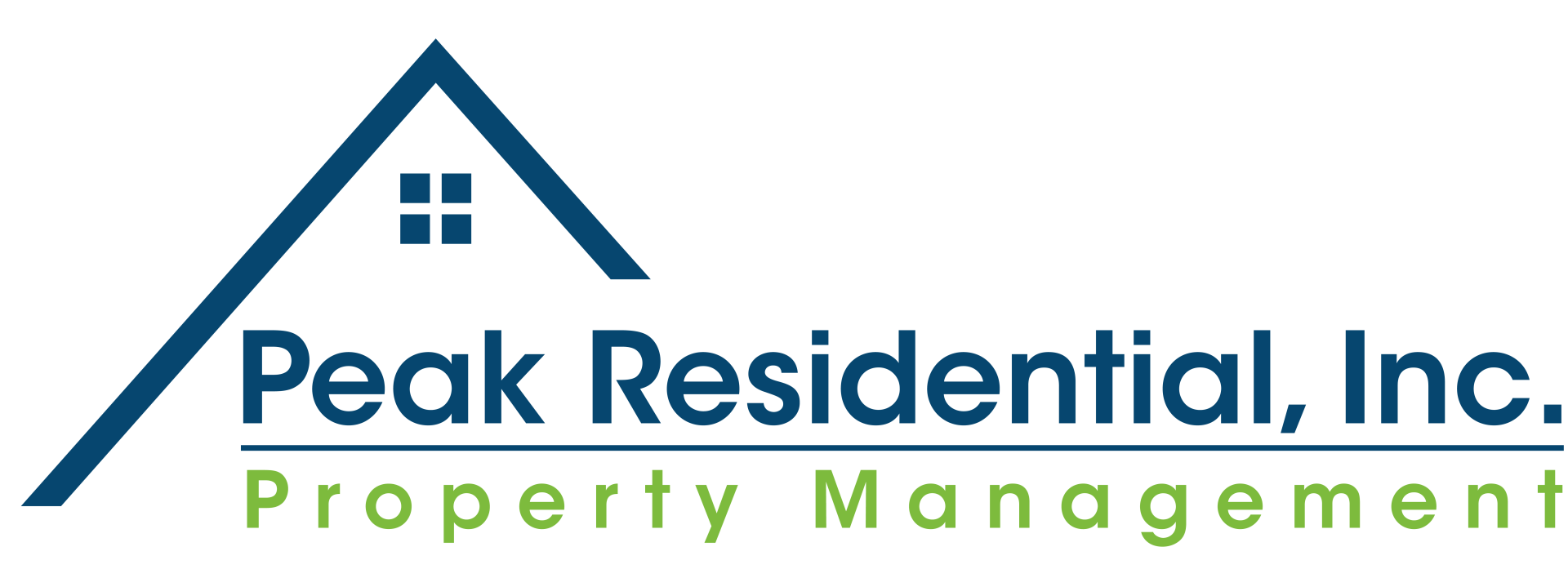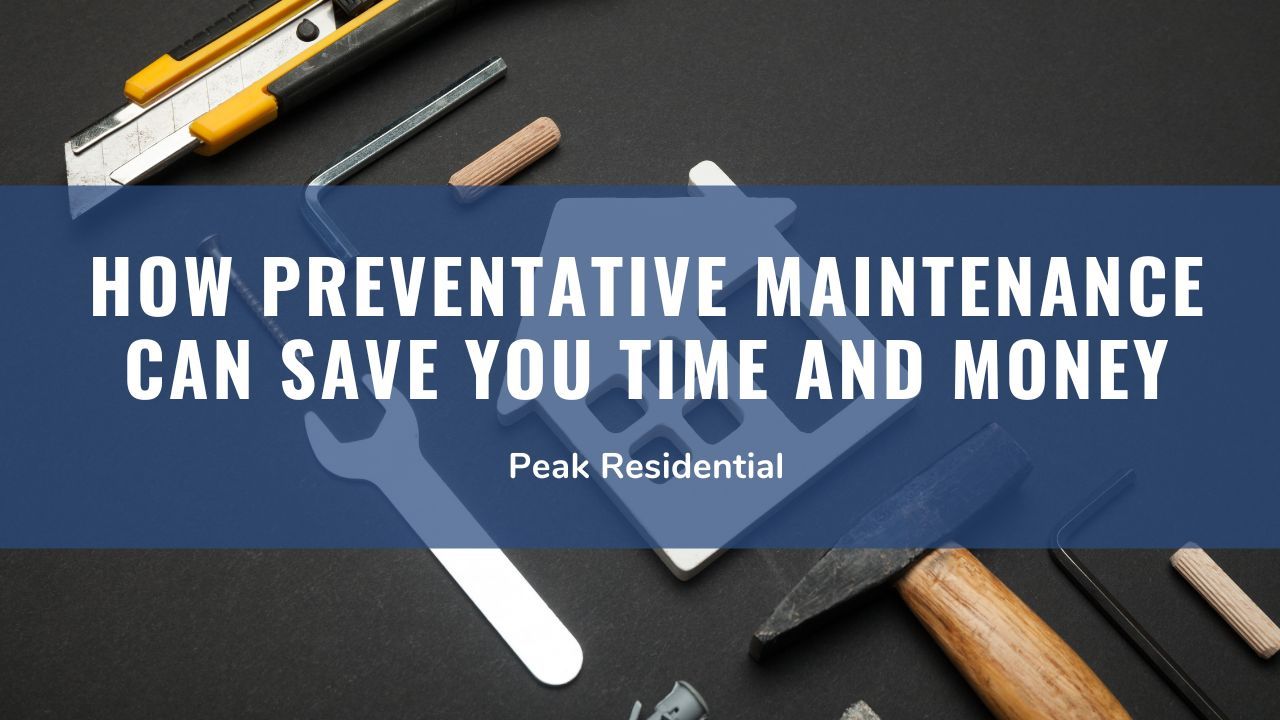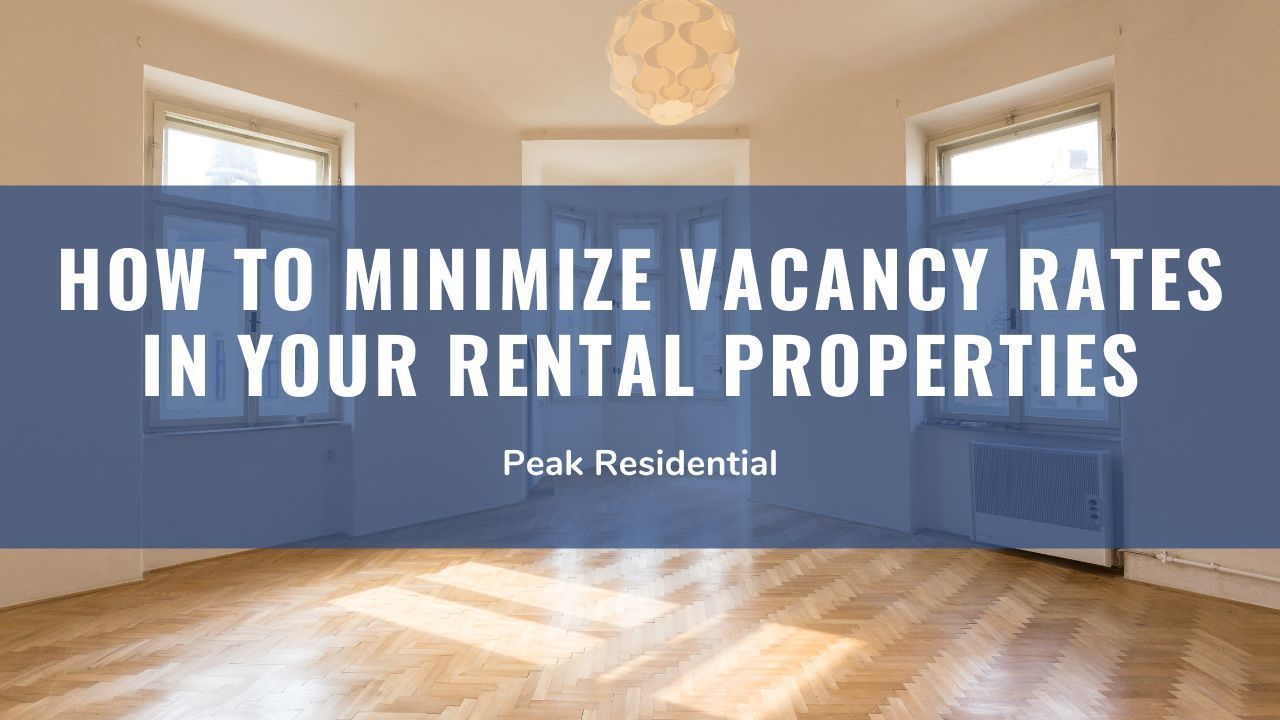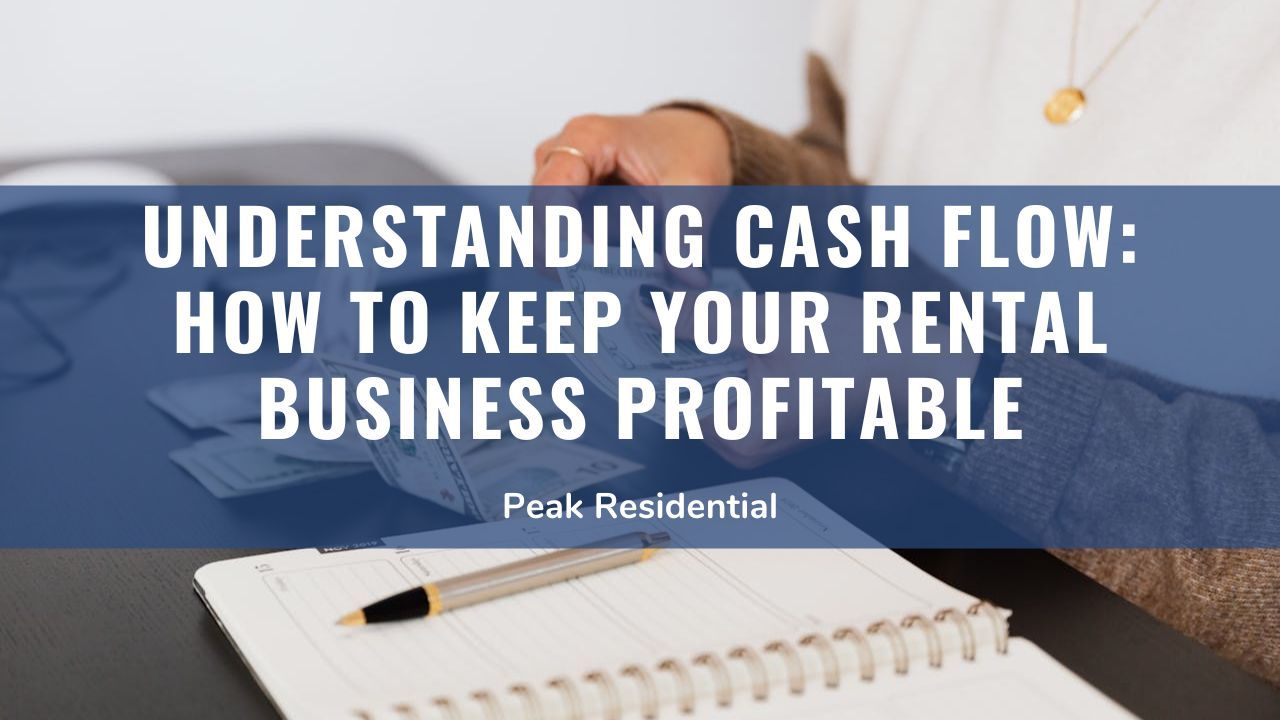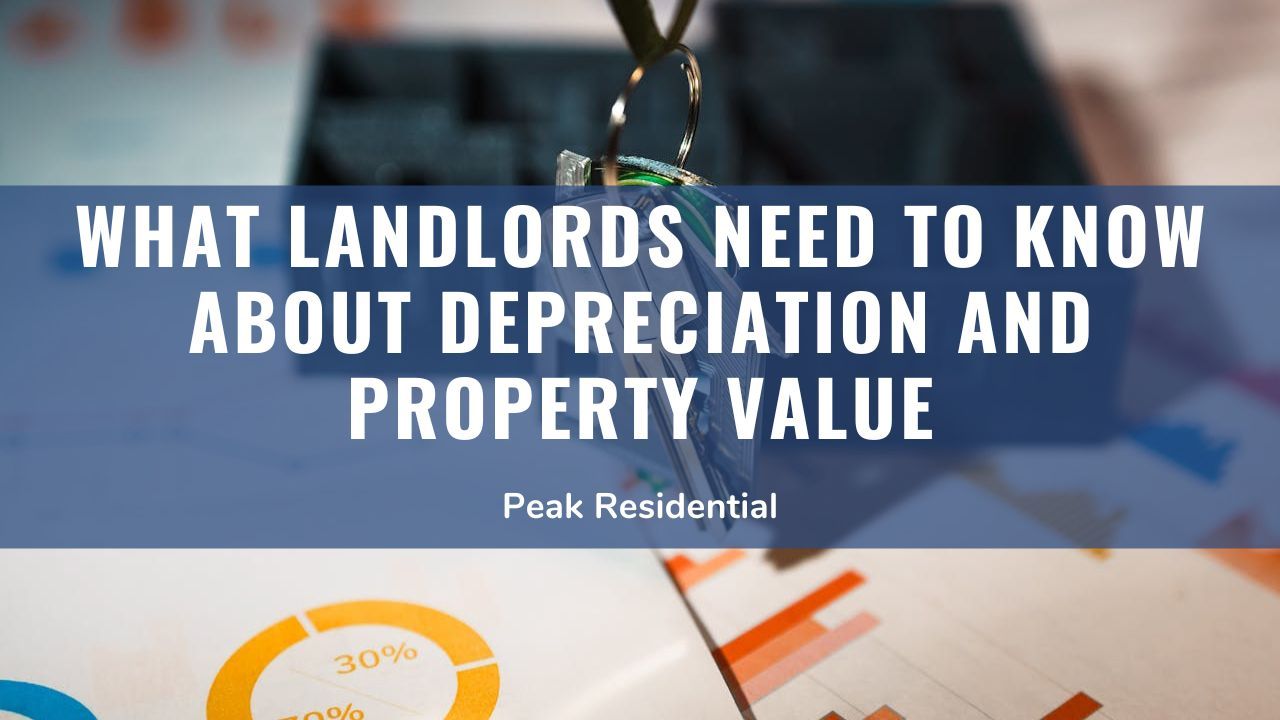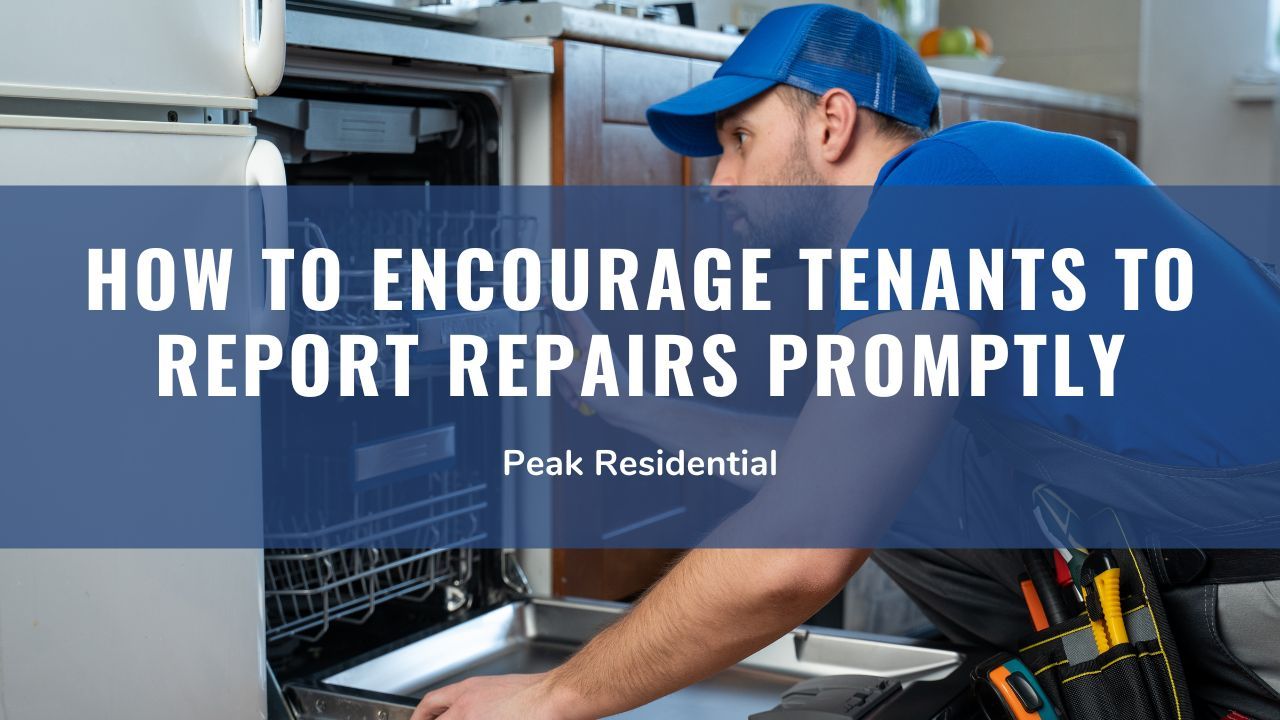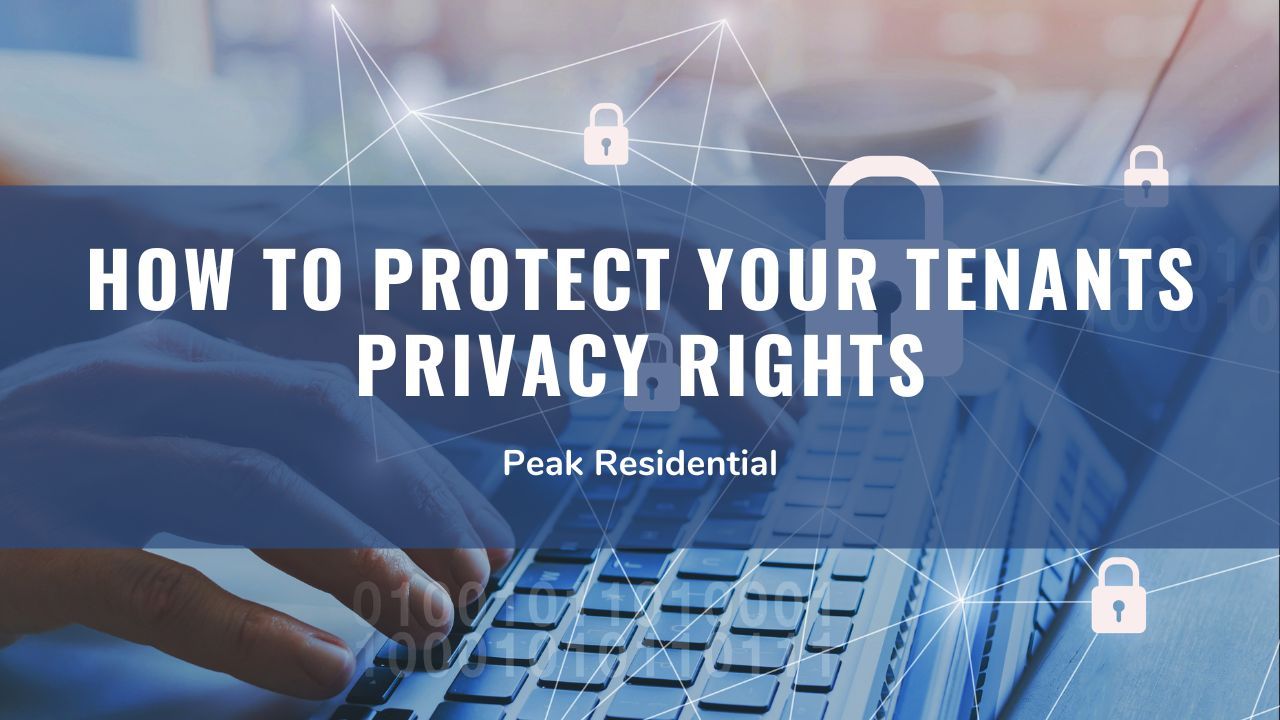Success in property management hinges on staying organized and proactive. Regular upkeep and management can prevent minor issues from becoming costly problems. In this article, we’ll guide you through essential annual tasks landlords should perform but often neglect.
By staying on top of these responsibilities, you can enhance tenant satisfaction, maintain property value, and ensure compliance with legal standards.
Renew Tenant Leases on Time
If your property is currently rented on a month-to-month basis, consider switching to a fixed-term lease. Fixed-term leases often provide stability and can help maximize your rental income through longer tenancies.
If you’re already using fixed-term leases, remember to renew them before they expire. Failing to do so will automatically transition the lease to a month-to-month agreement, which may not be ideal for long-term planning. Notify tenants at least 90 days before the lease expires. This advance notice allows you to decide whether to renew the lease or prepare to re-advertise the unit if necessary.
Check Prevailing Market Rates
Rental markets are dynamic, and what you charge for rent today might not be competitive in the future. To ensure your rent is appropriate, regularly check prevailing market rates. This involves:
- Interviewing Local Property Managers: They can provide insights into current rental trends.
- Consulting Real Estate Agents: Ask about average rental rates for properties similar to yours and how rates have changed over the past year.

Questions to consider include:
- What are the average rental rates for properties similar to mine in this neighborhood?
- Have rental rates been rising, falling, or remaining steady?
- What factors influence rental rates in this area?
- Based on current market conditions, what is a reasonable rental range for my property?
By setting competitive rent, you can attract andretain tenants while optimizing your return on investment (ROI).
Ensure Compliance with Local Health and Safety Codes
Tenants have a right to live in safe and habitable conditions. Familiarize yourself with your state’s landlord-tenant laws to ensure compliance with health and safety codes. Common issues to address include:
- Structural Problems: Foundation cracks or roof leaks that can cause water damage.
- Health Hazards: Carbon monoxide leaks or fire hazards like faulty wiring.
- Essential Amenities: Ensure the property has clean running water, functioning heating systems, and operational smoke and carbon monoxide detectors.
- Plumbing Issues: Address clogs and leaks promptly to prevent dampness and mold growth.
Failure to meet these standards can render your property uninhabitable and expose you to legal liabilities.
Inspect and Repair Plumbing Leaks
Plumbing leaks can escalate into serious issues if left unattended. Conduct annual inspections to identify and address potential problems early. Your inspection checklist should include:
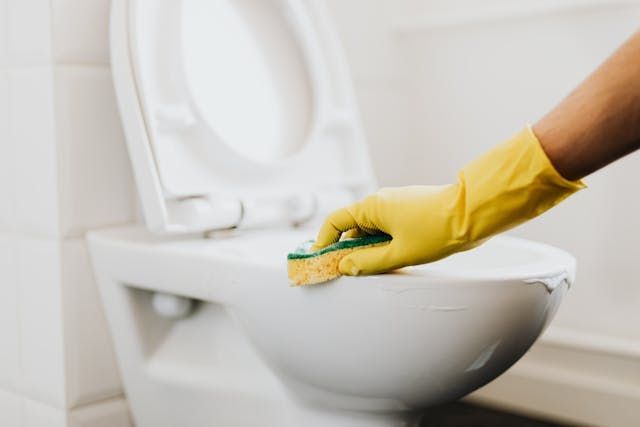
- Wet Spots: Look for damp areas on walls, floors, and ceilings.
- Leaks: Check for leaking pipes, dripping faucets, and loose fittings.
- Toilets: Inspect for leaks around the tank, base, and flush valve.
- Unusual Sounds: Listen for running water noises even when faucets are off.
- Water Bill: A sudden increase might indicate a hidden leak.
Consider hiring professional plumbers for thorough inspections and repairs. They can accurately diagnose issues and recommend effective solutions.
Review Your Insurance Policy
Regular check-ins with your insurance company are crucial. Property values and repair costs can rise over time, potentially leaving you underinsured if you don’t update your policy. Benefits of annual insurance reviews include:
- Ensuring Adequate Coverage: Confirm that your policy covers the current value of your property and potential risks.
- Reviewing Policy Changes: Stay informed about any modifications to your policy.
- Taking Advantage of Promotions: You might find opportunities for better coverage or discounts.
By keeping your insurance up-to-date, you protect your investment and avoid surprises during claims.
Clean Gutters and Downspouts
Cleaning gutters and downspouts is essential, especially if trees are near your property. Debris can clog gutters, leading to several problems:

- Foundation Damage: Water can seep into the foundation, causing cracks and structural issues.
- Basement Flooding: Clogged gutters can lead to water overflow and basement leaks.
- Mold and Mildew: Standing water encourages mold growth.
- Landscaping Issues: Excess water can damage plants and lawns.
- Pest Infestations: Stagnant water attracts insects and pests.
Regularly clean and maintain your gutters to prevent these issues and protect your property.
Conclusion
While this list covers several crucial annual tasks, it’s important to remember that proactive management is key to successful property ownership. Regular inspections, timely lease renewals, market rate evaluations, and compliance with health and safety codes are all essential practices that can prevent problems and ensure a positive experience for your tenants.
For expert property management assistance in the Sacramento area,
Peak Residential is here to help. Our team provides reliable and professional services to support property owners in managing their investments effectively. Contact us to learn more about how we can assist you in maintaining and managing your rental properties.
